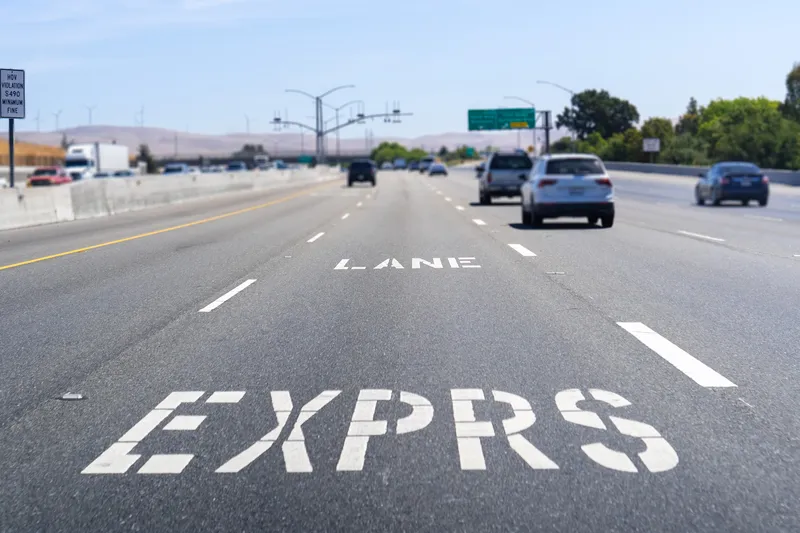
Turkey-based tolling specialist
As the company points out, it has been providing toll collection and traffic management systems since the late 1980s. Indeed, Aselsan can point to a strong record of innovation and success and has won international recognition for several of its proven solutions that enable integrated traffic control and undisrupted traffic flow.
Aselsan can point to its multi-lane free-flow (MMFF) toll collection system on the Fatih Sultan Mehmet Bridge in 2014 – also known as the Second Bosphorus Bridge – which carries 300,000 vehicles every day. The system covers five lanes plus an emergency lane, which makes it one of the biggest free-flow systems in the world working to a 99.9% accuracy rate.
“Aselsan has always focused its efforts on advanced integrated toll collection systems and traffic management systems with flexible architectures to meet the specific customer requirements,” said vice-president Suat Bengur. “So far, we have delivered more than 1,000 toll collection lanes to various customers servicing more than 10 million ETC/contactless card subscribers around the world. That success is not just because of our technical abilities – that we are also reaching a more competitive position in the market is underlined by the latest contracts won in Macedonia and Poland.”
Here at the ITS World Congress, Aselsan is also highlighting its integrated traffic management system solutions which provide a central management capability at the main traffic management centre (TMC) through integrated use of ANPR, enforcement, CCTV, traffic density sensors, road weather information systems, travel time measurement and traveller information systems. A good example is the innovative company’s Active Traffic Management System for the 40km Gebze – İzmit section of the Istanbul-Ankara Highway.









